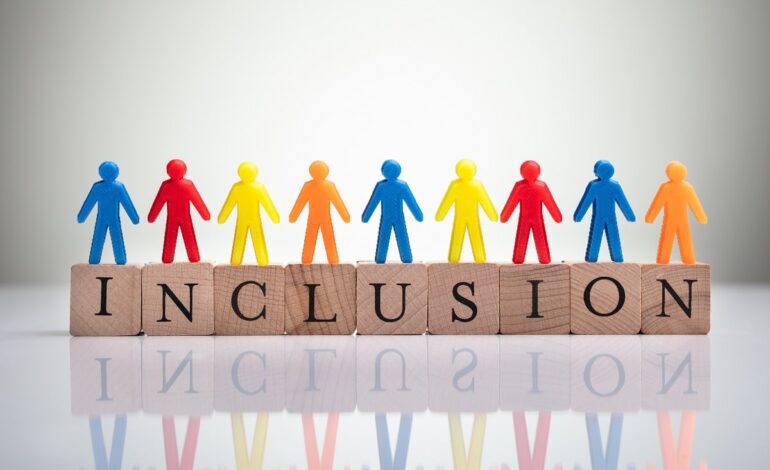By Rashid Baydoun
In Metro Detroit, particularly in Dearborn and Dearborn Heights, our cities are home to a large Muslim community who actively participate in and support the local arts. However, the scheduling of events and performances during the holy month of Ramadan has posed challenges for our Muslim community members who wish to be involved. It is time for us to unite and create a more inclusive environment for all.
As an educator, theater director and community activist, I have witnessed first-hand the dilemmas faced by Muslim students and their families when attending local school productions due to the timing of Iftar (breaking the fast). Last year, I brought dates and water to a choral event featuring a large Muslim student population, but it is clear that we can do more.
Studies show that when underrepresented and underserved communities have access to inclusive environments, they experience a greater sense of belonging and connection, leading to improved well-being and success.
Accommodating the needs of our Muslim community members during Ramadan is not only a matter of inclusion but also makes smart business sense. A 2020 study by the American Sociological Association revealed that organizations that accommodate diverse communities experience increased customer satisfaction, innovation and overall success.
By implementing a few diplomatic and kind suggestions, we can better support our Muslim community members during Ramadan:
1 Schedule shows earlier in the day or in the late afternoon.
2 Consider matinee performances during Ramadan.
3 Review your calendar well in advance and consult with community members, places of worship or staff of the same faith.
4 Get creative with rehearsal and practice times, such as after Iftar or early mornings.
Local high school football organizations have already paved the way by adopting after-Iftar practices. By making these small adjustments, we can foster a more inclusive community that values diversity and supports all its members in pursuing their passions.
Recently, I was asked to provide actors and vocalists for an art festival organized by a nonprofit based in the city of Dearborn, but the event fell on Eid Al-Fitr, the holiday marking the end of Ramadan. While I appreciate the efforts made by some organizers to accommodate fasting audience members, it is crucial that we also consider the well-being of our young performers who spend hours preparing for shows without food or water.
A recent study by the National Endowment for the Arts revealed that exposure to the arts enhances educational outcomes, career opportunities and civic engagement. By taking steps to include our Muslim community members during Ramadan, we can ensure that these benefits are available to all, regardless of their faith.
It is our collective responsibility to create a thriving and inclusive environment for our students and their families during Ramadan and beyond. By working together, we can make a significant impact on the lives of our community members, fostering understanding, acceptance, and a brighter future for all.
— Rashid Baydoun is an educator, theater director and community activist.






Leave a Reply